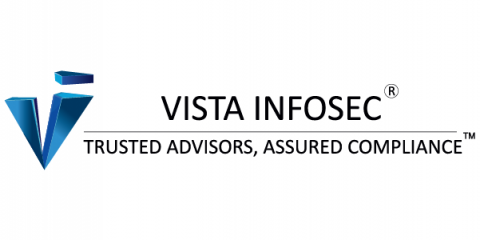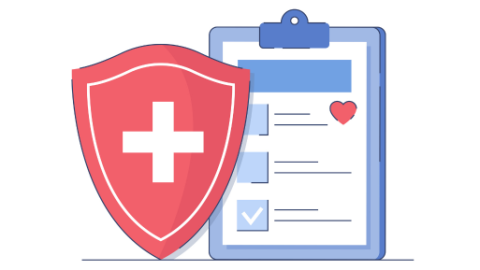PCI DSS Compliance For Banks
In today’s digital era, financial transactions are carried out using cards daily. It is of utmost importance for banks to ensure the safety and security of the cardholders’ data. The Payment Card Industry Data Security Standard (PCI DSS) compliance 4.0 offers essential guidelines and a framework to safeguard cardholders’ data and mitigate any potential data breaches that may occur in banks.





